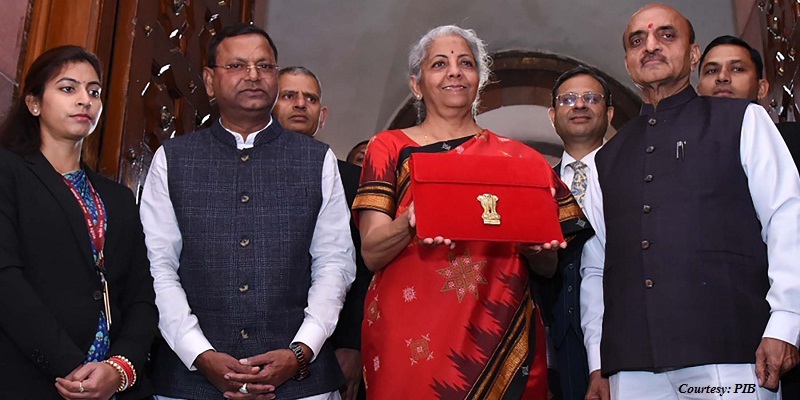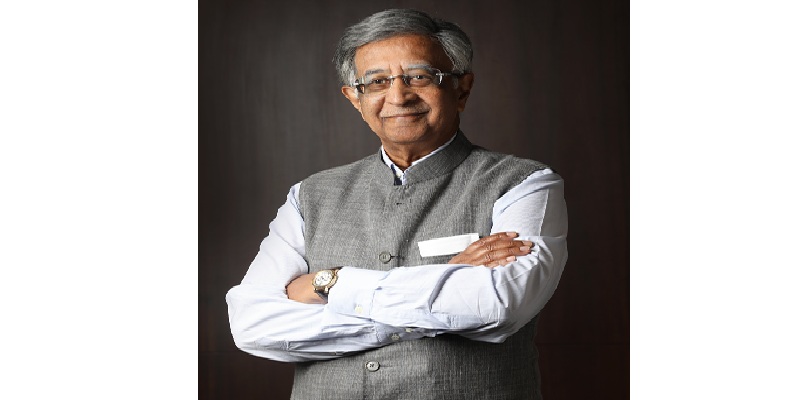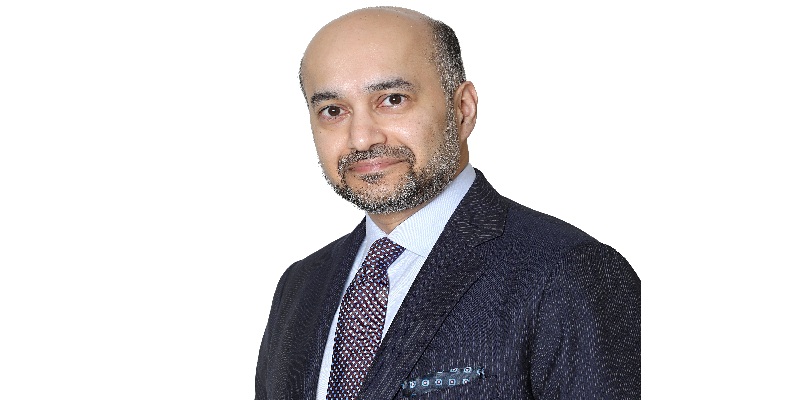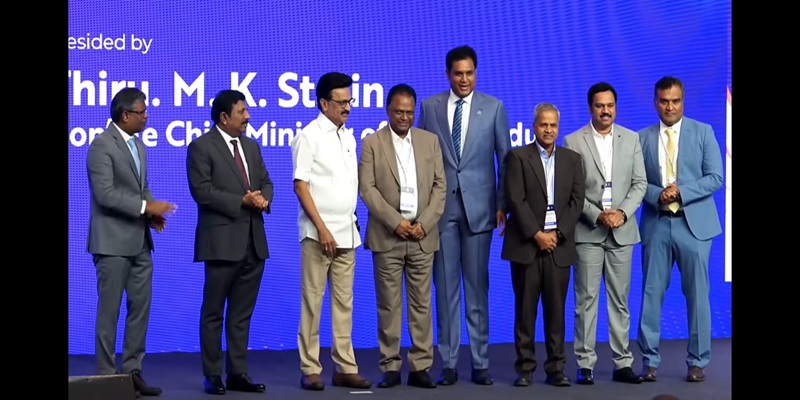Schedule a Call Back
Budget 2023: Revving up manufacturing with duty revisions and capex boost
 Industry News
Industry News- Feb 02,23

Related Stories

Bharat Forge Reports Strong Sequential Growth in Q3 FY26
Bharat Forge Limited posted 7.0 per cent sequential revenue growth in Q3 FY26, supported by strong domestic automotive performance and defence order execution.
Read more
Premji Invest Infuses Rs 3.0 Billion Equity into JS Auto Cast Foundry
Premji Invest acquires 23 per cent stake in JSA to support capacity expansion and industry consolidation.
Read more
India–EU FTA: Gains on Paper, Tests on the Ground
The India–EU Free Trade Agreement expands market access across goods, services and mobility, but its impact will hinge on regulatory alignment, carbon costs and execution, writes Rakesh Rao.
Read more













